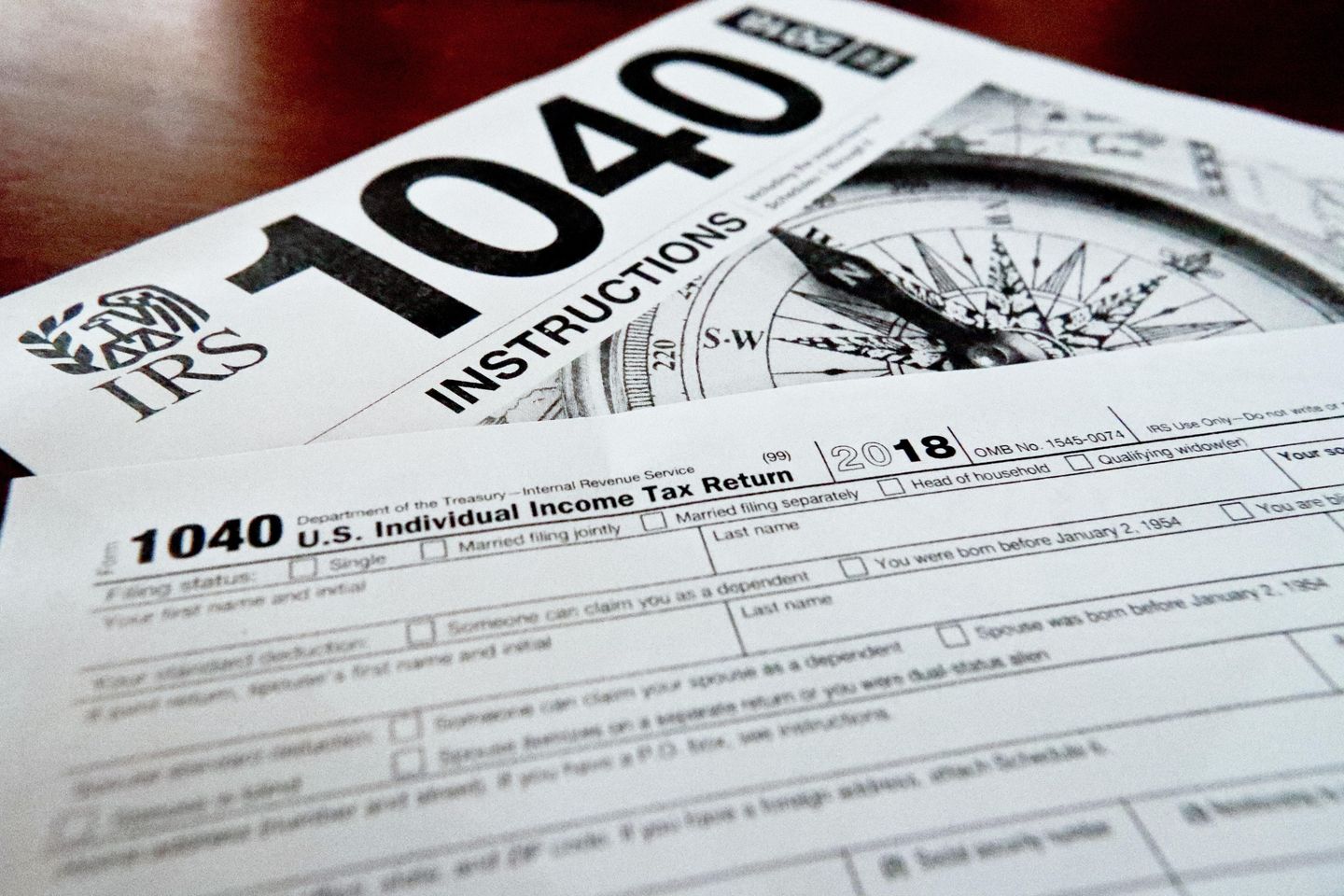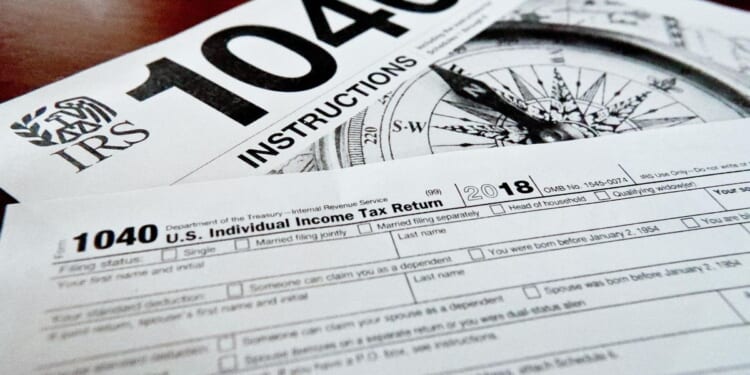
IRS Commissioner Daniel Werfel promised taxpayers a much smoother experience this year than in the past and insisted to Congress on Thursday that the agency has fixed the security holes that allowed a contractor to steal tens of thousands of taxpayers’ personal information.
In high-profile testimony, Mr. Werfel said the IRS has made major strides from the days when the agency left most phone calls unanswered and had a massive backlog of returns that sat unprocessed for months. He said the agency has cleared the backlog and will deliver “an 85% level of service” this year.
He also said if Congress finalizes a new tax law that’s pending in the Senate, the IRS will get child tax credit benefits out to the families that would receive them in as little as six weeks, even if they’ve already filed their tax returns for last year.
And he said those making less than $400,000 in income won’t have to worry about increased audit rates.
“I want people to know the IRS is on the side of taxpayers,” Mr. Werfel said.
He was appearing before the House Ways and Means Committee, where Republicans hold the gavel and are salivating over a chance to trim back some of the agency’s $80 billion cash infusion over the next decade that President Biden signed into law in 2022.
Chief among GOP complaints is the politically motivated leak of former President Donald Trump’s taxes, orchestrated by an anti-Trump contractor who sought out a job with the IRS to steal and release the data.
Charles Littlejohn would also go on to steal tax information on many of the country’s wealthiest people. He leaked the Trump information to The New York Times and the wealthy taxpayers’ data to ProPublica, both of which reported on the data.
Mr. Werfel confirmed Thursday that tens of thousands of taxpayers were violated, and he said the IRS had to reach out to each of them to give them notice of the breach.
Littlejohn was sentenced to five years in prison, the maximum for the one count he pleaded guilty to under a plea agreement that the Biden Justice Department reached with him.
Republicans have said it was an embarrassingly slim penalty for the worst breach in IRS history.
Mr. Werfel acknowledged the stain on the agency but said it’s patched up the holes that Littlejohn exploited.
“If this type of activity happened today, the risk of it succeeding is much, much, much lower,” he said.
He declined to say if he thought the five-year sentence was sufficient, but said Littlejohn “betrayed IRS employees and he betrayed the American tax people.”
Republicans have also complained that the cash infusion will supercharge IRS audits, giving it the ability to make life tougher for average taxpayers.
Top Biden officials had promised not to use the money to increase audit rates for those with reported incomes under $400,000, but had been coy about the level intended.
Mr. Werfel on Thursday said the benchmark would be 2018. That year, the IRS audited just 2 out of every 1,000 tax returns for those making between $50,000 and $200,000, and just 3 out of 1,000 returns for those making between $200,000 and $500,000.
By contrast in 2010, those making $50,000 to $100,000 were audited at a rate of 7 per 1,000, and those making $200,000 to $500,000 were audited at a rate of 23 per 1,000.
“We chose 2018 as a historic low rate to provide additional assurances,” Mr. Werfel said.
Mr. Werfel said the IRS has made major strides in protecting taxpayers against identity theft, and now prevents 98% of identity theft attacks.
But he acknowledged that helping those who are snared remains a challenge.
Rep. Nicole Malliotakis, New York Republican, said the IRS also needs to figure out a more 20th century problem: Stolen refund checks.
She said it’s the top issue for her district staffers, who are dealing with constituents who reported more than $1 million in stolen checks. In one case the IRS sent a replacement check, and that, too, was stolen. The agency had to issue a third check.
Ms. Malliotakis said the criminals spot the U.S. Treasury envelopes, grab the checks, then remove and replace the name and address to have the money deposited into their own accounts. She wondered why the government doesn’t at least change envelopes to make it tougher to spot the checks.
“As you’re sitting here saying this, it’s very intuitive,” Mr. Werfel said.
Mr. Werfel also detailed the IRS’s foray into artificial intelligence, promising a “very careful” approach so things don’t spiral out of control and no “bias” is introduced into the agency’s work.
He said one current use is chatbots, which can look at the questions asked by a taxpayer and try to offer answers based on parsing of the language in the question.
He also said the IRS is using AI to help select whom to audit, relying on its sophisticated modeling to sort out which returns are clean and which ones are likely to have problems that should result in more action.
“That means the honest taxpayer doesn’t get burdened, and that means the dishonest taxpayer gets accountability,” he said.












